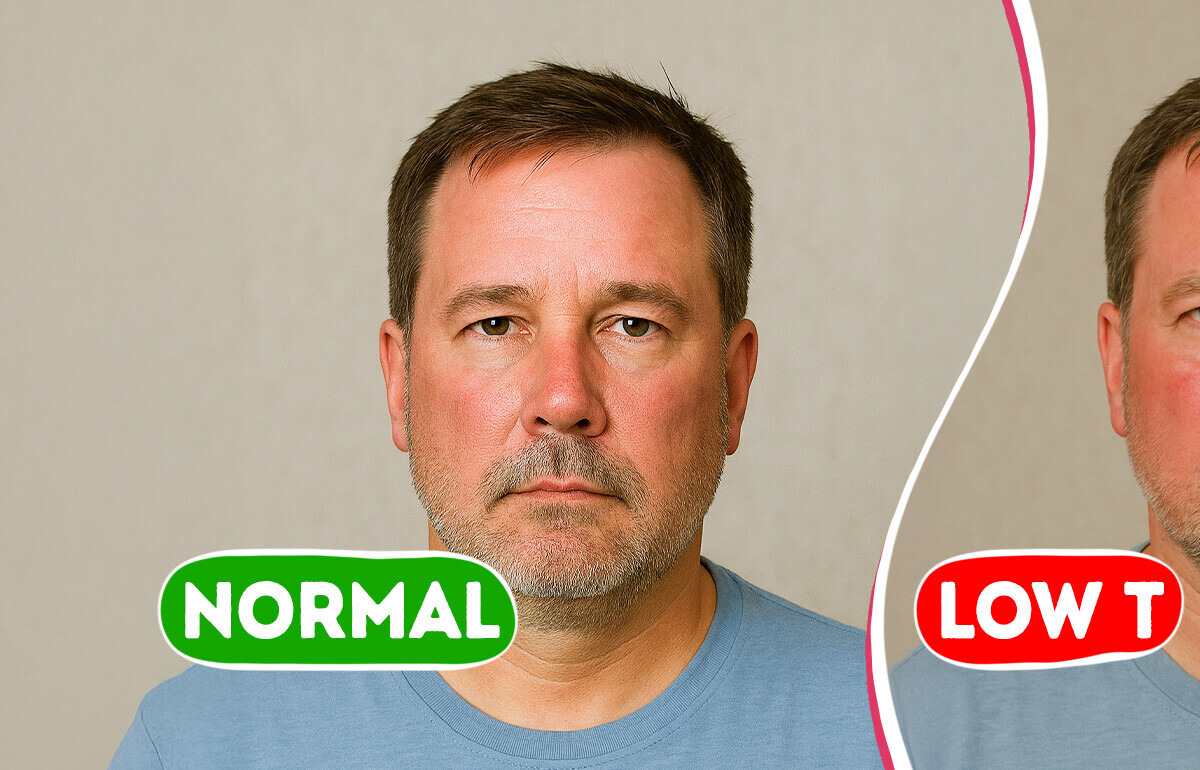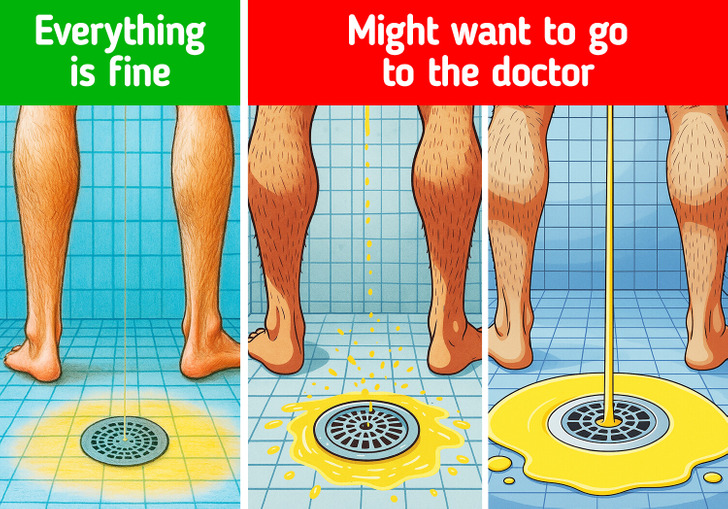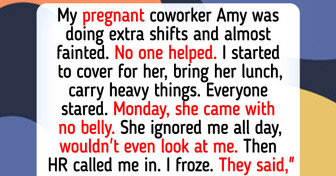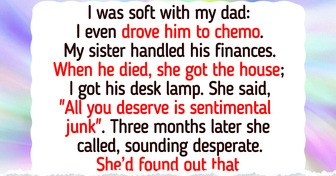I Refused to Give Up My Baby, So My Mom Exposed a Terrible Secret


A recent study has somewhat alarming news for men: testosterone levels have been on a slow and steady decline over the years. So why is it happening, and what are the subtle signs your body may be giving you about low testosterone, or low T?
Content is provided for informational purposes only and is not intended as a substitute for medical advice. Seek guidance from your doctor regarding your health and medical conditions.
Testosterone is an androgen, or sex hormone, present in everyone. However, its levels are higher in men, and it helps develop the male genitalia and reproductive organs and function, as well as muscle mass. It also helps in maintaining optimum bone health, red blood cell count, as well as a general sense of well-being.
Low testosterone, or male hypogonadism, is also called andropause, male menopause, or simply testosterone deficiency. It happens when the testicles don’t produce enough testosterone. As per the American Urology Association, this happens when the testosterone levels drop to below 300 ng/dl.
Testosterone levels usually do drop with age, but there are several other reasons why they could drop, including an injury, an incorrect lifestyle, and various health issues, conditions, and treatments.
Problems in reproductive health, like a low sperm count, lower intimacy drive, and performance issues are the biggest signs of low testosterone, as are changes in the size of male genitalia. That said, signs of low T can be far more subtle for you to immediately notice, so here is what you may want to watch out for and go to the doctor in case you suspect something.
Testosterone plays an important role in hair production in the male body. While balding might be genetic in many cases, hair loss due to testosterone may also be seen when it comes to facial and body hair.
With age, memory and cognitive functions are usually on the decline. However, there is a theory that lower testosterone can also contribute to memory issues. One 2019 study shows that taking testosterone supplements may help improve cognitive function in older males, to a small degree.
A decrease in energy levels and an overall increase in fatigue can also be a subtle sign of low T, especially if you are facing such issues even after getting proper sleep and nutrition. This may also lead to demotivation when it comes to your daily exercise routine.
A 2021 study found a correlation between low T and anemia, as in a low red blood cell count. Men with lower testosterone levels tended to develop anemia, which could in turn potentially increase fatigue and cause issues like lightheadedness, shortness of breath, and more.
Some studies do indicate that lower testosterone levels could decrease muscle mass in the body, but more research is needed to truly understand the correlation. However, studies have established that low T can lead to osteoporosis in men, and weaker bones may increase the risk of fractures and other injuries.
Testosterone is also a mood-regulating hormone, which logically indicates that lower levels could disrupt the feeling of well-being and may lead to increased irritability, anxiety, added stress levels, and even depression.

We normally associate hot flashes with menopause, but male menopause, or low T also comes with similar symptoms, but only with “castrate” levels of testosterone, lower than 50 ng/dl. Along with hot flashes, as in a feeling of sudden and intense warmth, the other symptoms include night sweats, heavy sweating, and reddening of skin.

Low T may bring with it added body fat, as well as enlargement of the breast tissue, the latter due to testosterone and estrogen imbalance.

Problems with passing urine may also be a sign of low testosterone. This includes nocturia, which is frequent and sometimes excessive night urination, as well as a weak stream that may leave you with a feeling that your bladder isn’t fully empty. The reason behind this could be an enlarged prostate gland, which can be related to lower testosterone levels.
Adopting a healthy lifestyle is often the simplest way to get your testosterone levels and health back on track. This includes proper diet, enough sleep, avoidance of bad habits, lowering your weight, getting plenty of exercise, and going to the doctor if you notice any of the above symptoms for reasons unexplained.
Sometimes, constant exposure to endocrine-disrupting toxins can also lead to lowered testosterone levels, so it’s best to get medical advice to make sure you are on the right track.
You tend to enjoy your life and live it to the fullest only when you are at your healthiest. On that note, here’s another article that may tell you why some buildings, including your own home, can make you ill.











